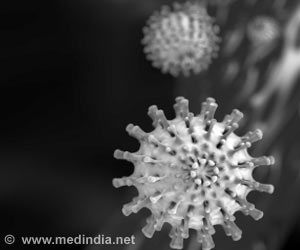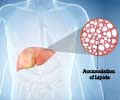
‘Drug delivery can be improved by attaching lipid molecules to the protein based drugs.’
Tweet it Now
The new findings are reported in the Proceedings of the National Academy of Sciences."Medicinal chemistry has focused on using peptides as scaffolds for drugs because of the ease of their production and the chemical diversity of their amino-acid building blocks," said University of Illinois biochemistry professor Satish K. Nair, who led the new research with Thomas Cheatham and Eric Schmidt of the University of Utah. "However, peptides are generally ineffective drugs because they are poorly absorbed, cannot penetrate the blood-brain barrier and are easily broken down," Nair said.
Attaching lipids "improves all of these properties, enabling peptides to be more druglike," he said. Current methods for attaching lipids to peptides require the use of either harsh chemical solvents or expensive biological catalysts.
Nair and his colleagues focused on a little-known group of enzymes isolated from water-dwelling bacteria that have the remarkable ability to add lipids to a wide variety of proteins. The team performed a series of experiments on one family of these enzymes to discover how they recognize and interact with the peptides they modify.
The researchers discovered that one type of enzyme recognizes a simple, two-amino-acid sequence within its target proteins. They added this motif to two peptides selected at random and exposed the peptides to the enzyme. This caused the enzyme to add a lipid appendage to the proteins. The transformation was fast and efficient.
Advertisement
Advertisement













